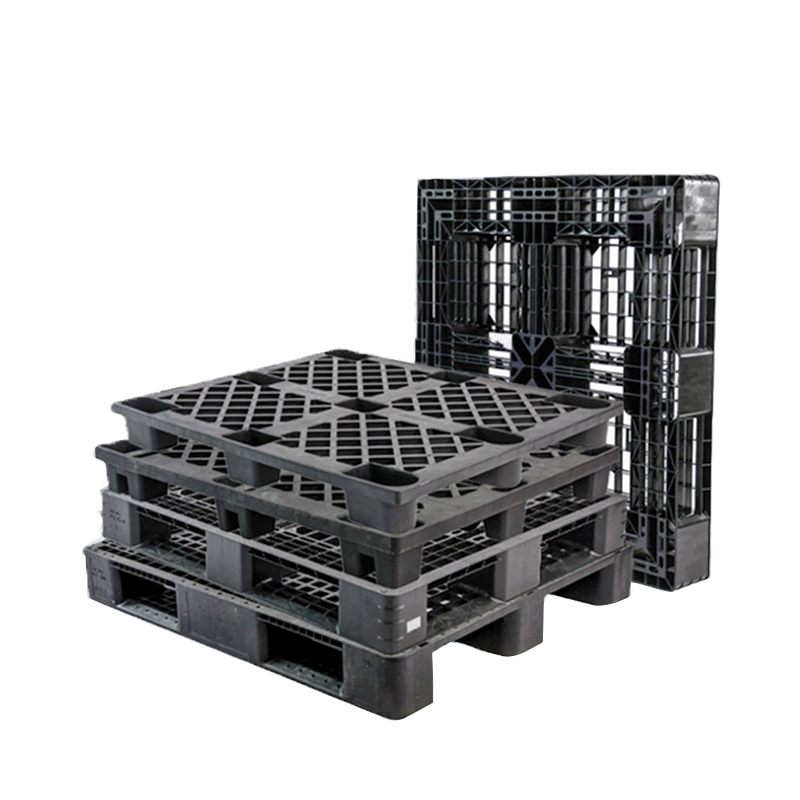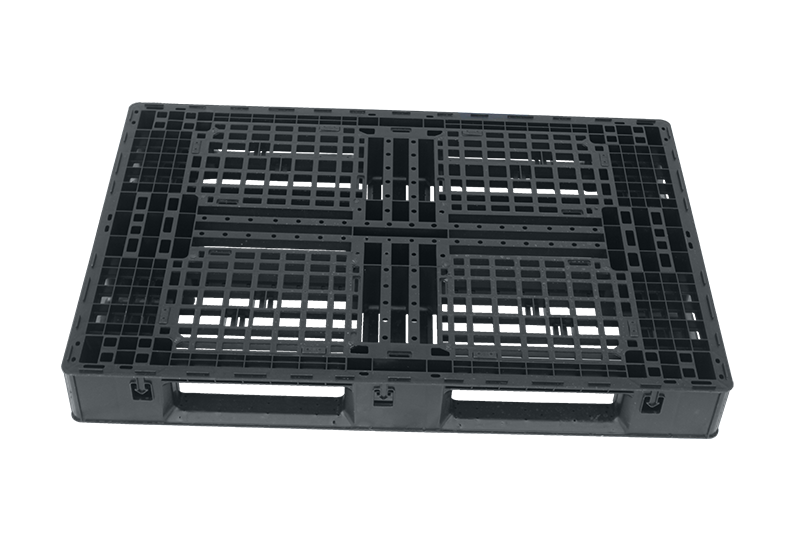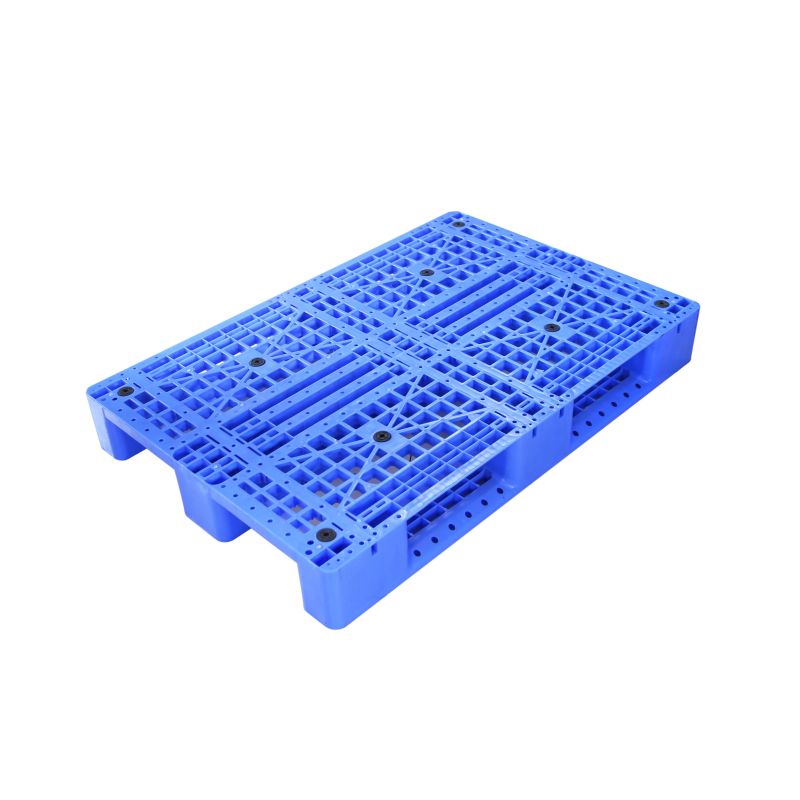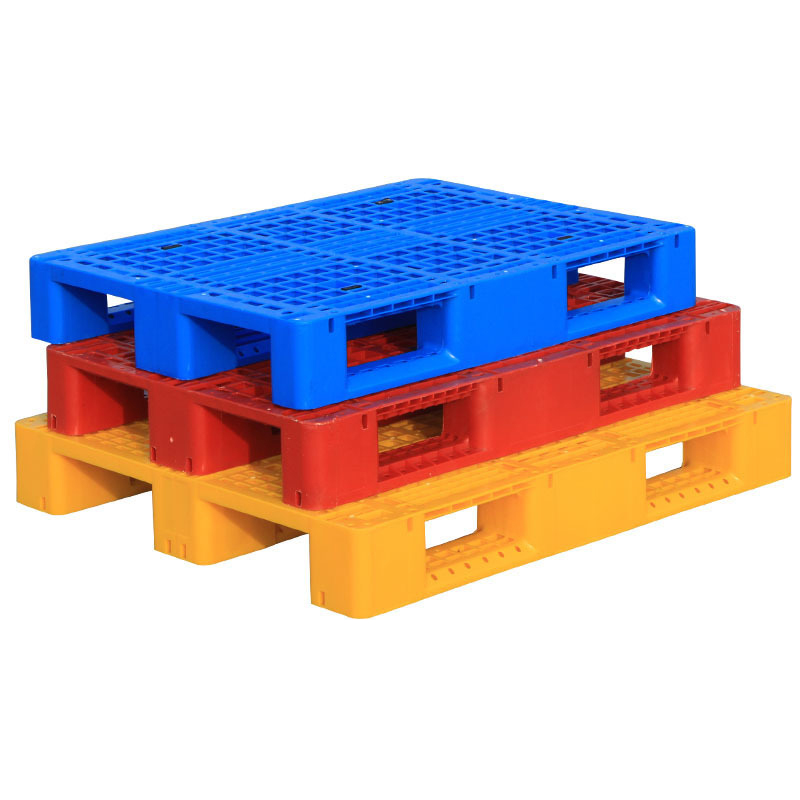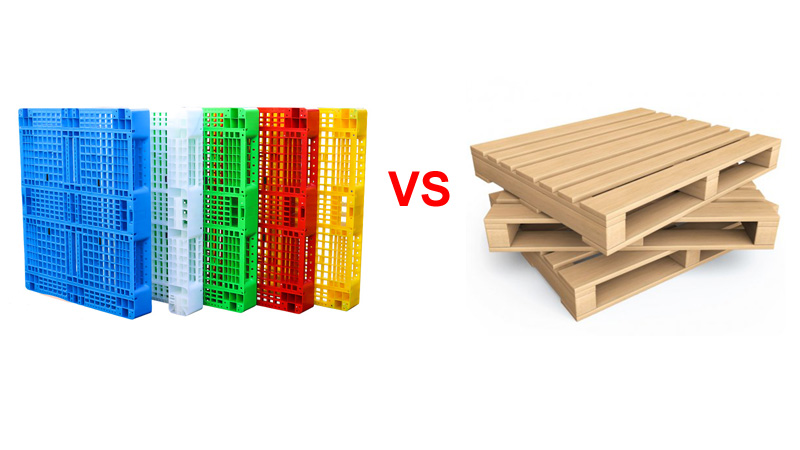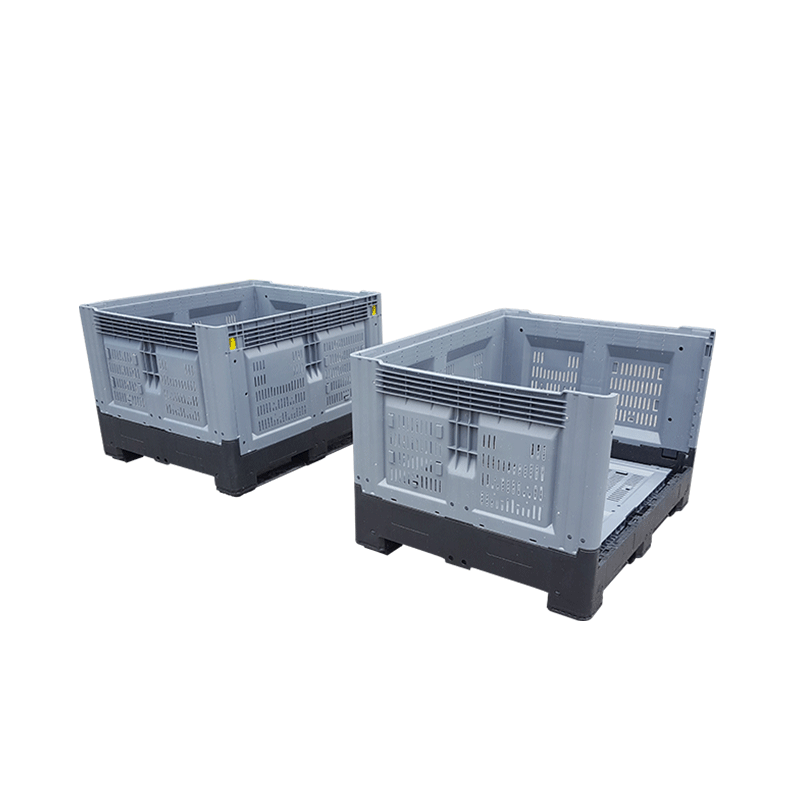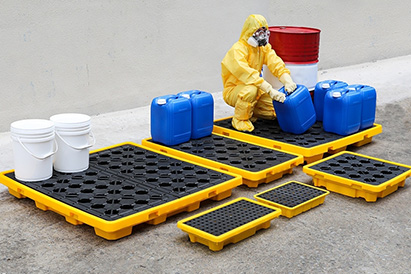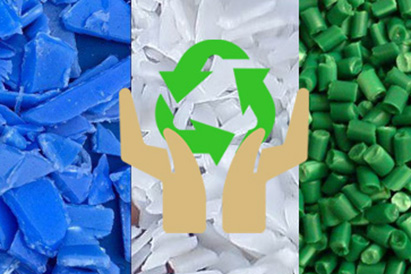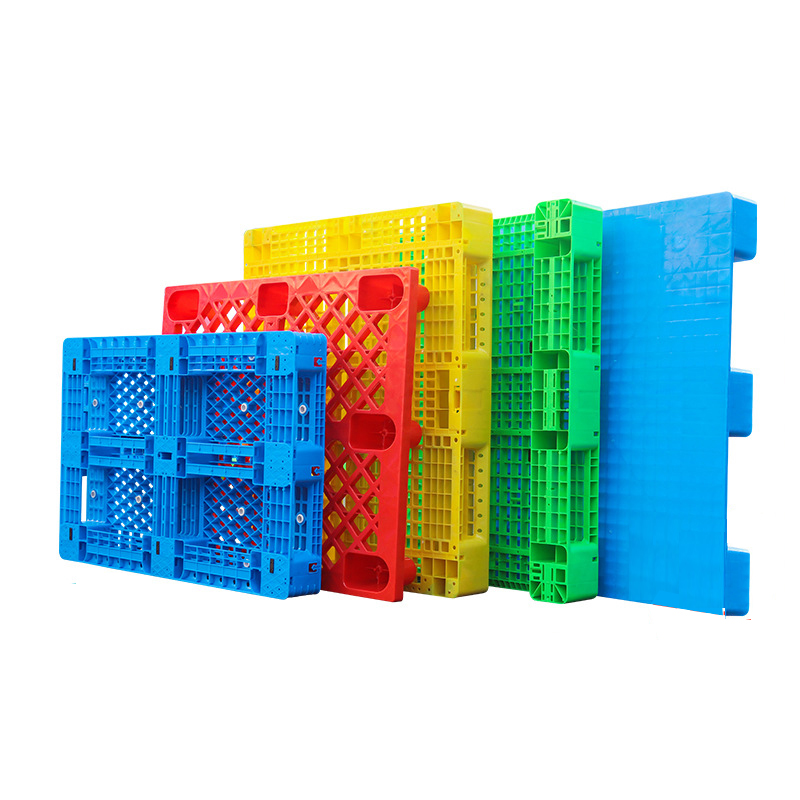Exploring the Versatility and Advantages of Plastic Pallets
What are Plastic Pallets?
A plastic pallet is a flat structure, typically made from high-density polyethylene (HDPE) or polypropylene (PP), designed to support goods during storage and transportation. Unlike traditional wooden pallets, plastic pallets are molded from plastic resins, offering a range of advantages over their wooden counterparts.

Advantages of Plastic Pallets:
1. Durability: One of the primary advantages of plastic pallets is their exceptional durability. Unlike wooden pallets, which are susceptible to damage from moisture, insects, and rough handling, plastic pallets are resistant to these environmental factors. They do not splinter, crack, or rot, ensuring a longer lifespan and reducing the need for frequent replacement.
2. Hygiene: Plastic pallets are inherently more hygienic compared to wooden pallets. They are easier to clean and sanitize, making them ideal for industries with strict hygiene requirements such as food and pharmaceuticals. Additionally, plastic pallets do not absorb moisture or harbor bacteria, reducing the risk of contamination during transportation and storage.
3. Lightweight: Plastic pallets are significantly lighter than their wooden counterparts, making them easier to handle and transport. Their lightweight construction also contributes to lower shipping costs and increased fuel efficiency, ultimately reducing the carbon footprint of logistics operations.
4. Consistent Dimensions: Unlike wooden pallets, which may vary in size and shape due to inconsistencies in wood quality and manufacturing processes, plastic pallets offer uniform dimensions. This consistency facilitates automated handling systems, optimizing warehouse space and streamlining logistical processes.
5. Sustainability: With growing concerns about environmental sustainability, plastic pallets offer a compelling alternative to traditional wooden pallets. Many plastic pallets are made from recycled materials, and they themselves are fully recyclable at the end of their lifespan. Additionally, some manufacturers offer reusable plastic pallets, further reducing waste and environmental impact.
Applications of Plastic Pallets:
Plastic pallets find applications across various industries, including:
Food and Beverage: Plastic pallets are widely used in the food and beverage industry due to their hygienic properties and resistance to contamination.
Pharmaceutical: In pharmaceuticals and healthcare, where cleanliness and product integrity are paramount, plastic pallets ensure compliance with stringent regulatory requirements.
Automotive: Plastic pallets are favored in the automotive industry for their ability to withstand heavy loads and harsh environments.
Retail and Distribution: Plastic pallets are commonly used in retail and distribution centers for their consistent dimensions and ease of handling.
Conclusion:
Plastic pallets have revolutionized the way goods are transported and stored, offering a durable, hygienic, and sustainable alternative to traditional wooden pallets. With their myriad advantages and wide-ranging applications, plastic pallets have become an indispensable component of modern supply chains. As businesses continue to prioritize efficiency and sustainability, the adoption of plastic pallets is expected to rise, further cementing their position as the pallet of choice in the logistics industry.


